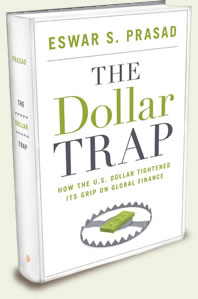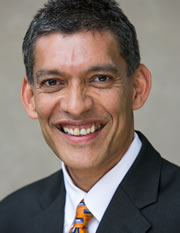Preface
One concern is that currency wars could end up becoming a more destructive negative sum game in which all players get hurt. If countries’ actions aimed at promoting their own short-term interests end up impeding international trade and financial flows, no country will escape from the negative consequences. Coordinated collective action is therefore in the long-term interest of all countries. In Chapter 8, I trace out how one attempt to mediate a global truce on currency tensions—during an episode that preceded the global financial crisis—fell apart. For all their positive rhetoric, national leaders were unable to put collective interest before the parochial interests of their own countries. This episode illustrates that although global coordination of certain economic policies seems desirable in principle, it has proven elusive in practice.
The goal of coordinating policies was revived during the worst of the global financial crisis through the efforts of the Group of 20, comprising the major advanced and emerging market economies. Chapter 9 describes how this large and diverse group did manage some notable accomplishments in the crucible of the crisis, but the spirit of cooperation ultimately proved fleeting. To break free of the dollar, emerging markets have tried various forms of coordination among themselves, but success has been elusive on that front as well.
With their backs against the wall, some emerging markets have tried to use temporary capital controls—legal restrictions on inflows of capital into and outflows of capital from their economies—to protect themselves from the onslaught of volatile capital flows. Chapter 10 provides a survey of how the debate on capital controls has shift ed. Such controls have be-come more palatable, as they are no longer seen as violating international norms if there are extenuating circumstances, such as fears that a country’s banking system or equity markets are in danger of being overwhelmed by inflows of foreign capital. However, this self-defense mechanism turns out not to work very well in practice. This leaves emerging markets with few options to protect themselves other than building up ever-larger stocks of foreign exchange reserves that can be deployed as buffers against capital flow and currency volatility.

